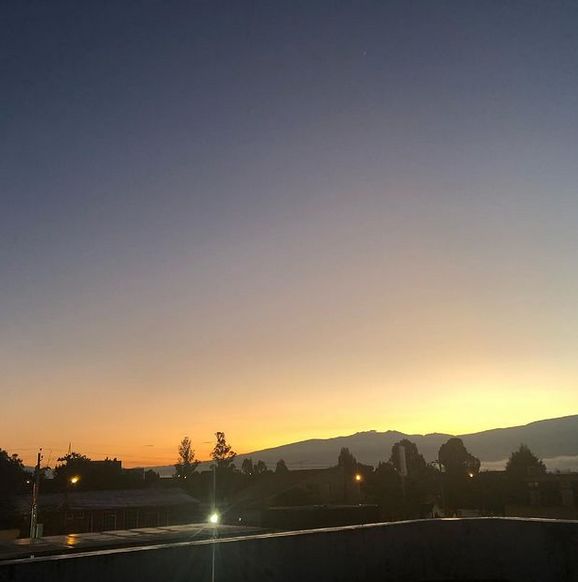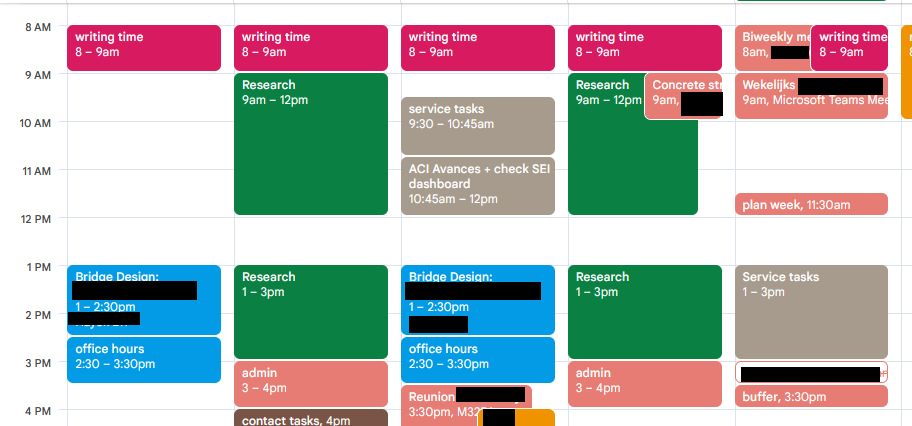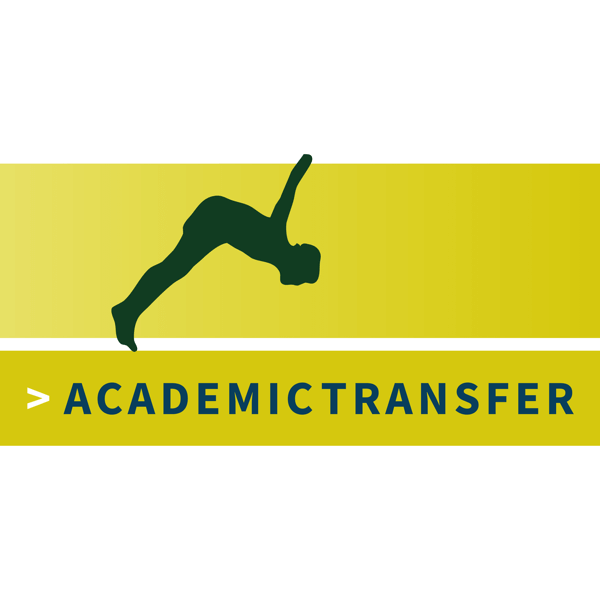
What I learned from disabling my email for two weeks
I’ve been wanting to write this post for a long time (since Summer 2018, to be exact), and now that I found this half-baked draft back in my folder with ideas, I knew it was time to finish writing out this post.
I have a hard time disconnecting from work, and COVID-19 and working from home has only made it harder for me. My computer is right there in the bedroom, and I often feel tempted to “quickly” look up something on the internet – and before I know it, I’m replying work emails, maybe reviewing a paper, and I’m completely in work mode again.
After more than a year of working without much of a break (note: I’ve taken time off, but still spent a few hours a day taking care of emails etc), I’ve been thinking back about how to put better boundaries to work. And the one thing that always puts me back in work mode is email.
Back in the Summer of 2018, I removed my email accounts from my phone during my holiday. We stayed in a place on the beach where we barely had internet access, and it’s been the best holiday of recent years – because of the nice hotel, the clean and lovely beach, and the ability to really disconnect.
The most important lesson I learned there was that, if I really want to disconnect and relax, I have to remove email from my phone. Hopefully, I will be able to take this lesson into my summer holiday (although it is uncertain whether we will be able to go on holiday anywhere this summer). Even if we stay at home, I’ll need a real break from work and everything around it. Setting boundaries is a work in progress for me, but thinking about where I want to allow work, and where not, will hopefully help me disconnect when I need it.


